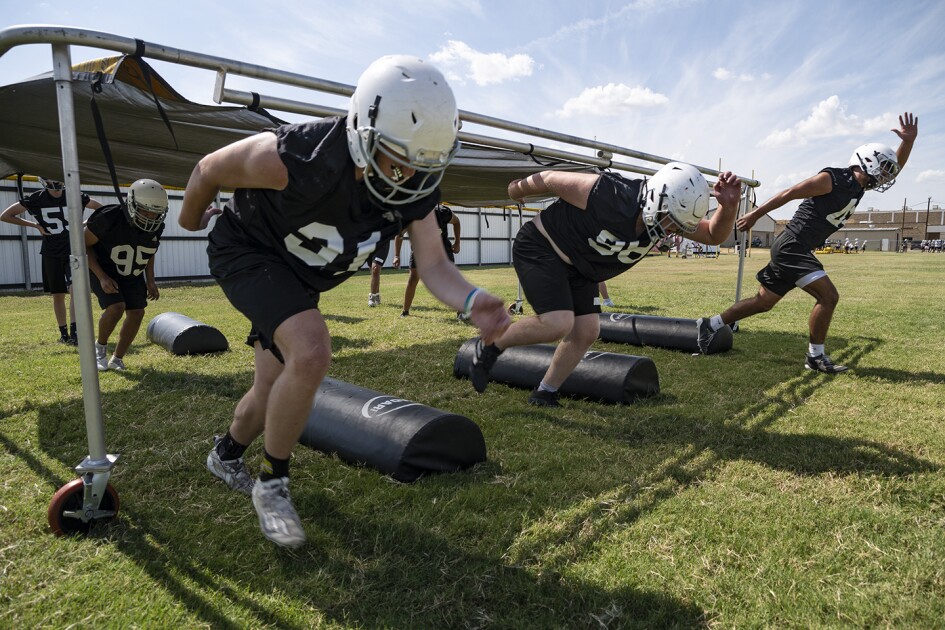The Commentary editors asked six education, business, and STEM leaders to respond to the following question: What is missing from the discussion around ensuring all students have access to well-trained and qualified science teachers? To read other responses, please visit OpEducation’s Science Learning: Under the Microscope.

Jill Anderson
Access to effective science instruction is important but it’s only the first step. We also need gender equality.
Female students, who want to reach their academic potential and act on a passion for science, need more than a seat in the classroom. Studies have shown that young women are more likely than young men to earn high school credits in Algebra II, pre-calculus, advanced biology, chemistry, and health sciences, yet women remain scarce in the engineering, computing, and advanced-manufacturing workforce.
It’s not for lack of skills—female students have equal or even higher math and science aptitude scores compared to male students. It just seems that young women are not as attracted to careers that are so strongly associated with men. That means our science educators need to do more than spark students’ interest and build their confidence in the field. To keep girls engaged, science educators need to prepare them to challenge expectations and to demonstrate how women are succeeding in fields that are overwhelmingly male. All students should graduate believing that a lifelong pursuit of science is within their grasp. They should never even consider gender to be a factor.
Jill Anderson is the executive vice president and chief commercial officer of Energy Solutions and Commercial Operations for the New York Power Authority.


